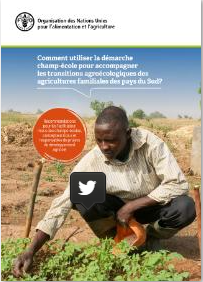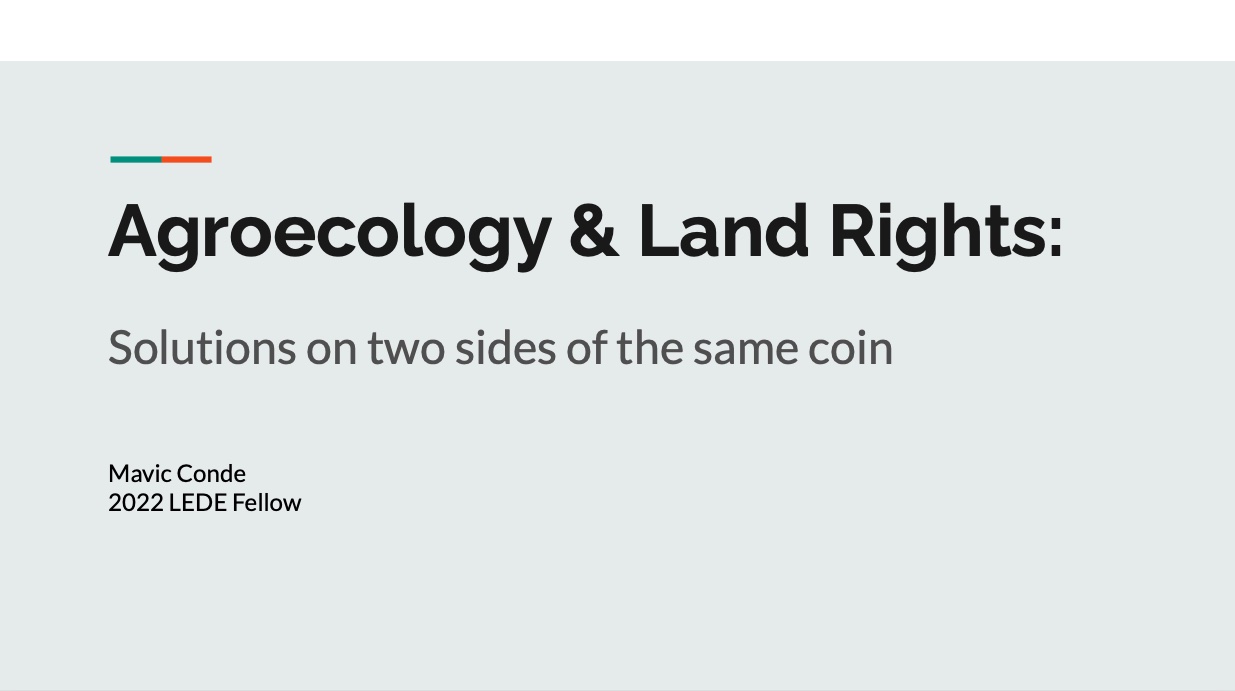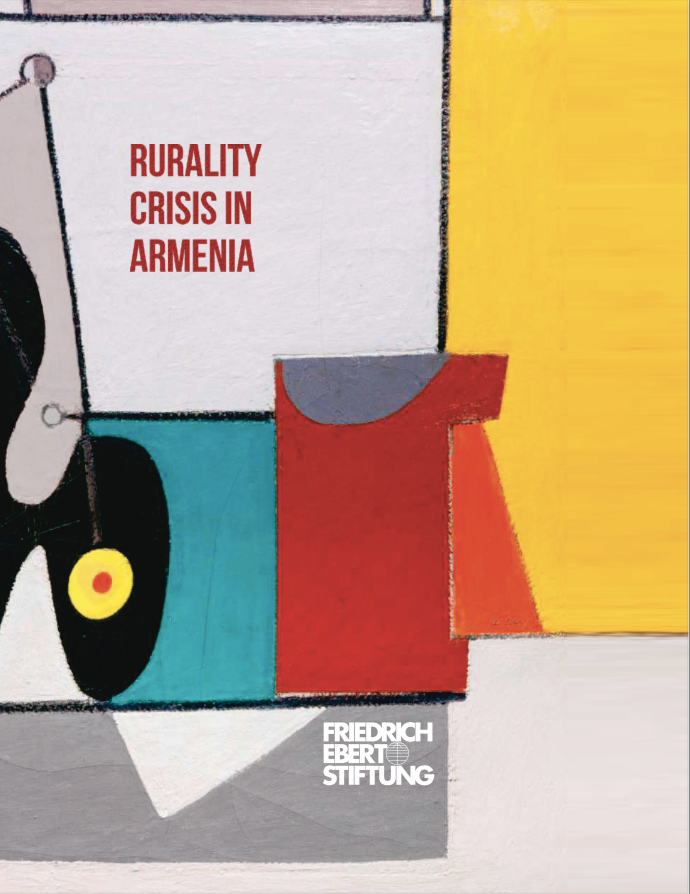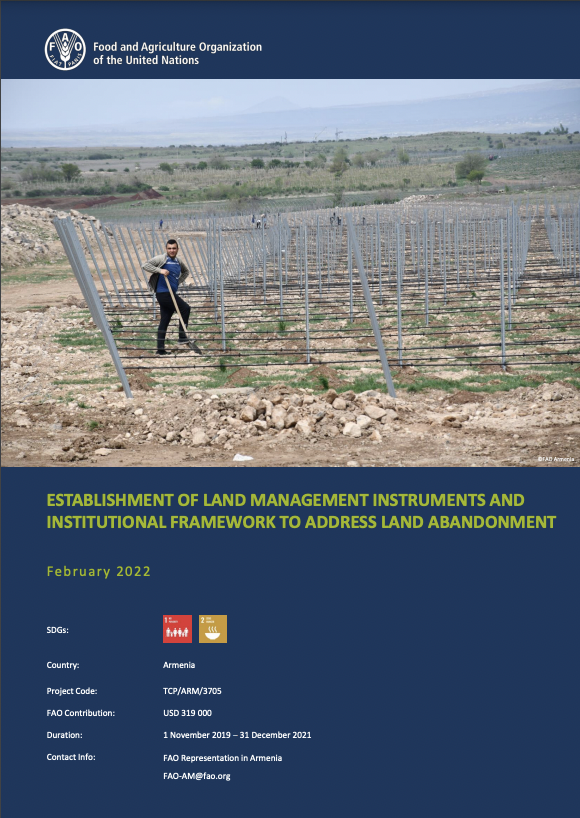Comment utiliser la démarche champ-école pour accompagner les transitions agroécologiques des agricultures familiales des pays du Sud?
Recommandations pour les facilitateur.rice.s des champs-écoles, concepteur.rice.s et responsables de projet de développement agricole
Le champ-école est une démarche participative de formation et de conseil, basée sur l’expérimentation collective de systèmes de culture innovants. La mise en œuvre des champs-écoles permet aux agriculteur·rice·s de mener des activités (formation au champ par l’observation des cultures, du sol, des déprédateurs; expérimentation; partage de connaissances et de savoir-faire) leur donnant les moyens de «résoudre les problèmes par eux-mêmes».






